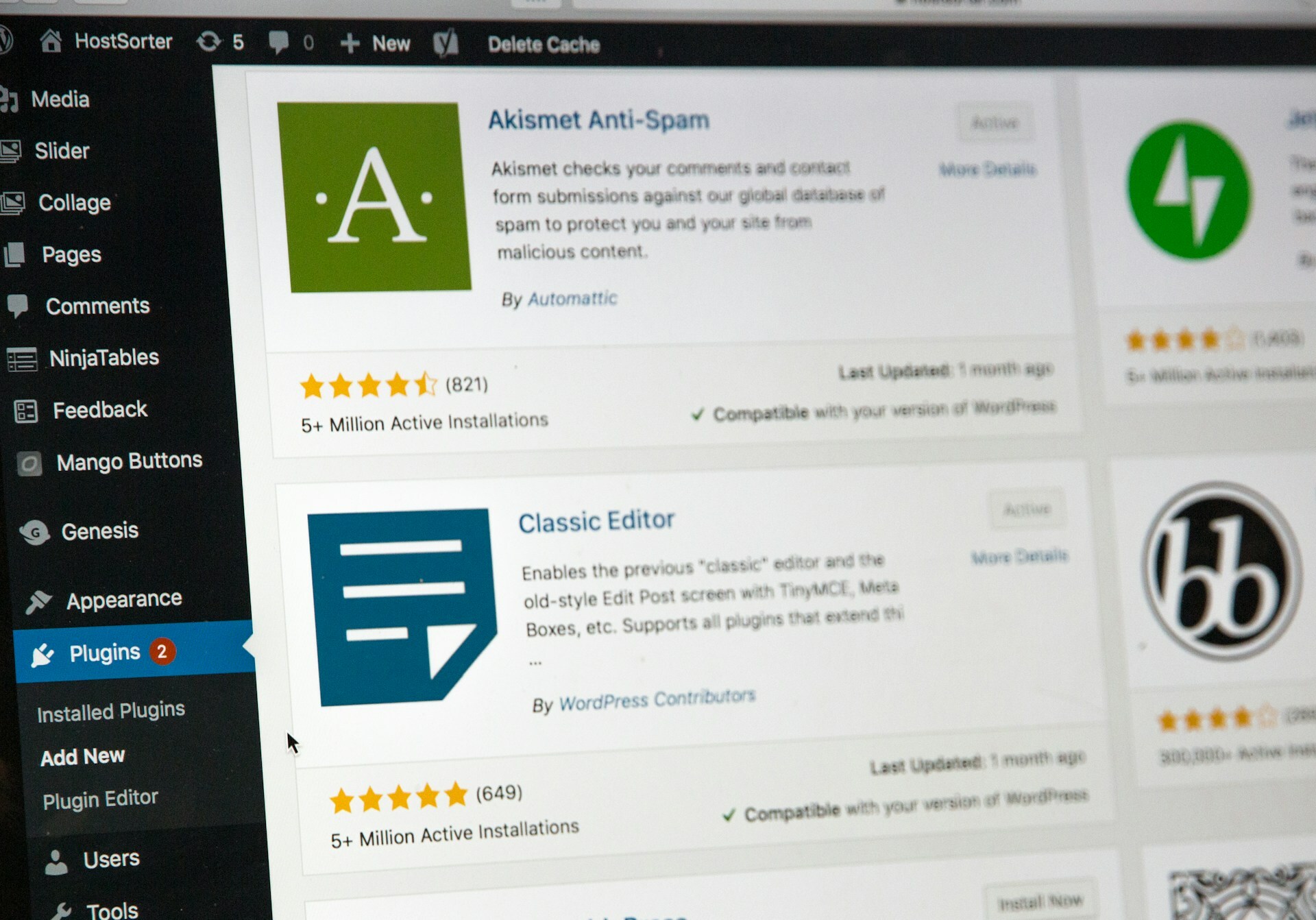
Increase Website Speed with a CDN
We all want faster websites, no matter which side of the site we’re sitting on. Surfers tend to quickly lose interest if a page takes too long to load, and business owners run the risk of losing valuable customers if their websites lag behind.
So, why is your website slow and how do you increase website speed to improve the digital experience? Furthermore, how do you speed up a website while ensuring that it remains secure? To answer those questions, let’s take a look at three major contributing elements: search engine optimization, content delivery networks, and web application security.
The Importance Of Search Engine Optimization
Search engine optimization (SEO) is a crucial method for gaining organic or natural website traffic and growing your online business presence. The more users you can attract, the more trust you establish with site visitors and search engines, and with that, you greatly increase your chances for more qualified leads and sales.
When most people hear “SEO,” they think of things like content, relevancy, header information, and page titles. However it’s important to note that search engines also rank sites based on the length of time they take to respond and load web pages. Therefore, not only does a slow website have the potential to tick off your customers—it might also make it harder for them to find you, in the first place.
An effective SEO strategy takes all of these factors into account, and learning how to speed up a website can make a huge difference in decreasing bounce rates and increasing pageviews.
Increase Site Speed With A Content Delivery Network (CDN)
As technology becomes increasingly efficient, our standards for speed continue to rise. If a page takes more than a few seconds to load, it is likely your visitors are going to leave—that’s the harsh truth.
One way to dramatically increase website speed and improve visitor satisfaction and SEO optimization is to use something called a content delivery network, or CDN. The idea behind a CDN is very simple. If the CDN already has most of the information it needs about your site, it can generate that site much faster. This means that whenever a user or search engine tries to access your website, the CDN can accelerate the loading process because it cuts out the middleman.
In addition to having the ability to increase website speed, a CDN can also help your website become crash-resistant—distributing the load across servers, instead of having 100% of the traffic go to a single server. Because of this benefit, implementing a CDN can prove invaluable for websites with high traffic.
Rather than wait for every single element of your site to load for the very first time, the CDN should already have most of the important pieces in its memory or cached in some way. A good CDN can increase website speed by up to 50%, almost instantly responding to requests and making your website appear much faster. Additionally, using image compression along with a CDN can further reduce common delays and speed up a website.
Speed Up A Website While Utilizing Web Application Security (WAF)
Learning how to speed up a website is key if you’re a business owner. However, one of the problems of making your site easier to find is that you make it easier for bad guys to find, too—and that’s one type of visitor you really don’t want dropping by unannounced.
If you’re going to speed up a website with a CDN, it should always be paired with a protective layer. A web application firewall, or WAF, can filter, monitor, and block suspicious visitors to your site, making sure that any data is not unwillingly compromised and taken by hackers.
As a business owner, you likely don’t have the time or resources to sit guard on your website around the clock to fend off these attackers. If you are going to speed up a website, think of a WAF as your guard dog. A good WAF will help filter out the bad guys, identify suspicious website visitors or behavior, protect against a variety of common attacks, and even block access to certain IP addresses and countries.
With the protection of a WAF, you can speed up a website with the confidence that it will remain secure. And with the speed provided by a CDN, your website will recognize and serve the good guys in the blink of an eye.
Stay Protected With SiteLock
If you’re serious about the role your website plays in promoting your business—and just as serious about protecting your business from the nasty threats that cruise by your digital storefront—a good content delivery network paired with an enterprise-grade web application firewall is your best bet.
Learn more about how a CDN works and how it can help speed up your website. Contact SiteLock’s security experts for details about our WAF and CDN products and how they can help your business. Protect your digital assets and increase your website speed today.





